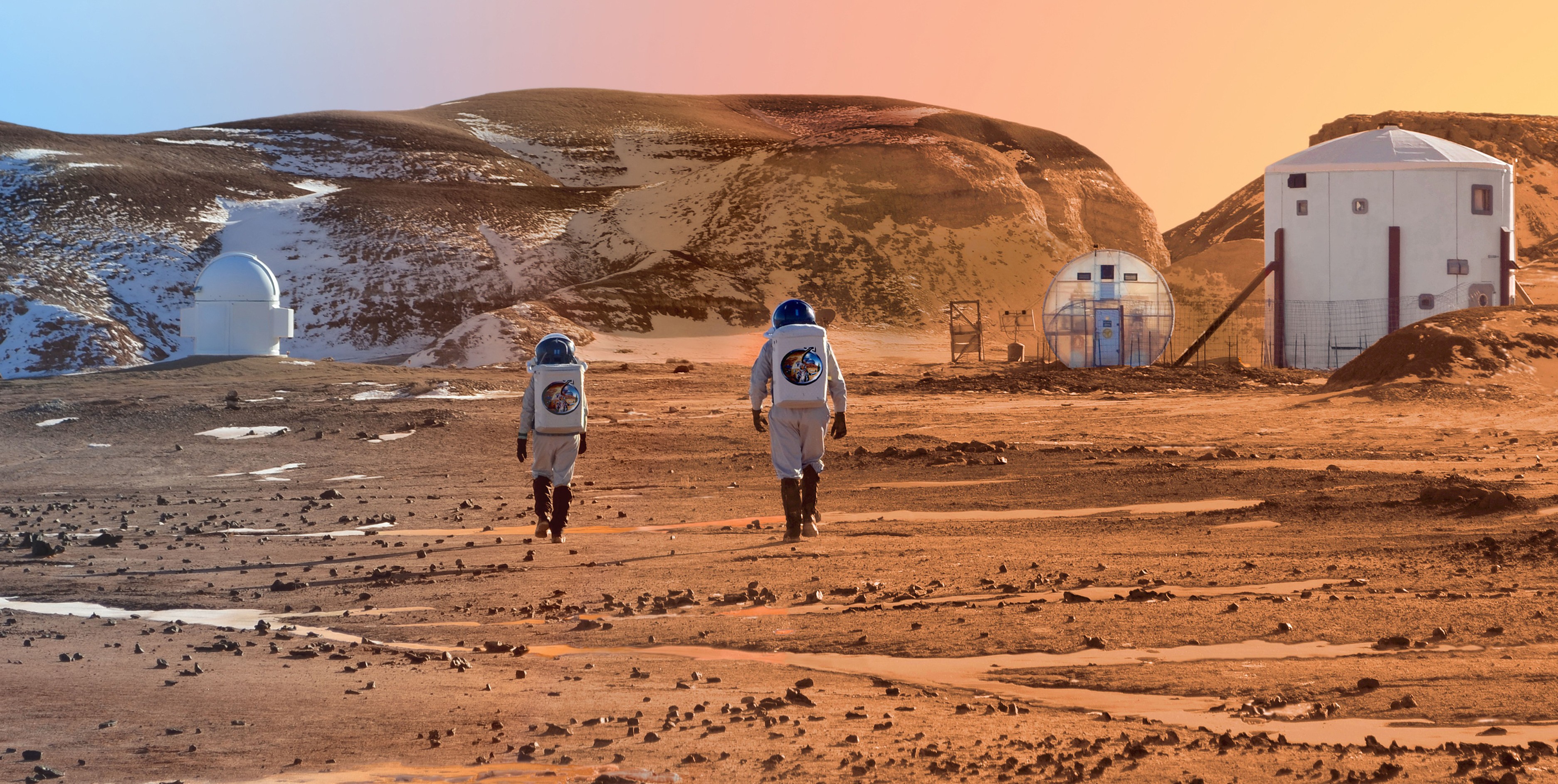A recent study has warned that astronauts on missions to Mars could develop dementia as a result of cosmic radiation.
Scientists at the University of California found cognitive deficits and neuronal damage in rats up to 6 months after exposure to fully ionized oxygen and titanium – mimicking the radiation found in space outside of the Earth’s protective magnetosphere. This study follows on from a shorter version, which unexpectedly found that mature neurons are highly sensitive to the radiation found in space. Unfortunately it confirms fears that these effects are not short-term and will continue to affect astronauts years after a mission has ended.
Imaging of the rats’ neurons showed a reduction in the number and complexity of dendrites. Dendrites form connections between neurons and are linked with the formation of new memories. This reduction in dendrites could be due to radiation-induced inflammation as inflammatory cells prune neuronal dendrites. Reduced dendritic growth and excessive-pruning has been implicated in several mental illnesses including depression and schizophrenia.
When they assessed the rats on behavioural tests of cognition and memory they showed impairments in object recognition, spatial memory and short-term memory. Seeing as astronauts on missions to Mars will be faced with a range of complex tasks, it is worrying that their cognitive ability is likely to deteriorate throughout their trip.
Perhaps one of the most concerning findings is that rats exposed to radiation had impaired “fear extinction” this is an adaptive process in which the brain suppresses prior unpleasant or stressful associations. For example a person who nearly drowns can learn to enjoy swimming again thanks to fear extinction. Astronauts are almost guaranteed to encounter traumatic experiences on a mission to Mars, a reduction in fear extinction could cause them to become more anxious after these traumas, making the remainder of the trip very challenging.
With a trip to Mars posing this much threat to a person’s mental health, some question whether it’s worth it; arguing that money would be better invested making Earth inhabitable for a longer period of time. Others have set their sights on the moon as a more realistic home. Despite this, Dr Parihar and his team remain optimistic about Mars, closing their paper with the statement that “our exploration of strange new worlds should not be hampered by the fear of cosmic radiation exposure”. They are now looking to develop a pharmaceutical intervention that will protect against the worst effects of cosmic radiation.
IMAGE: Universe Today

